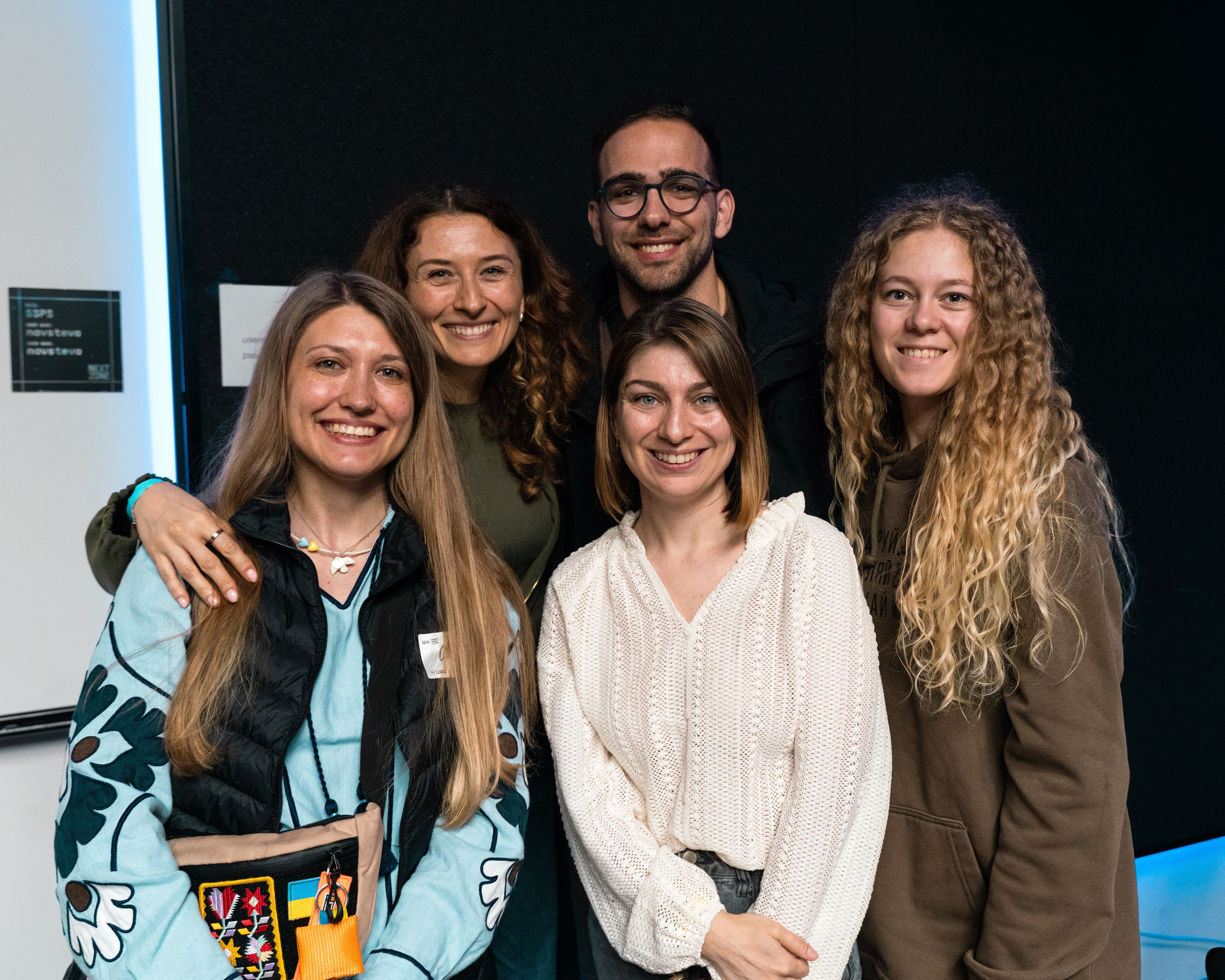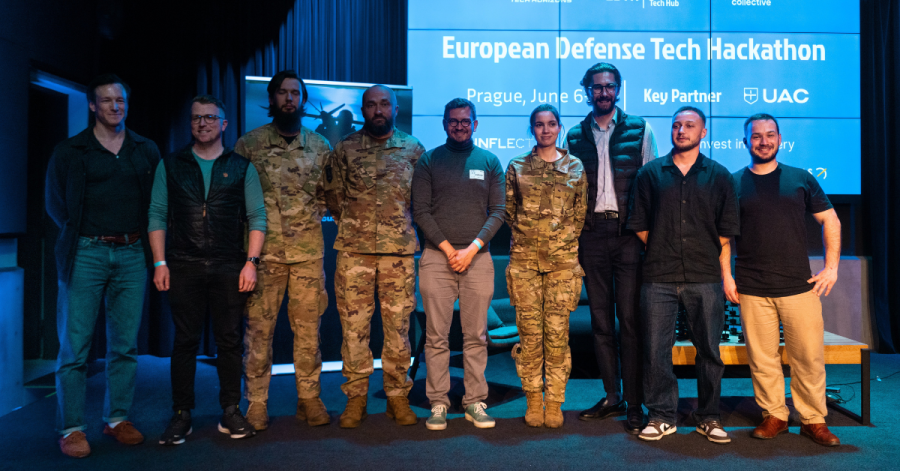With European defense tech investment exceeding €1 billion last year, the urgency to turn innovation into deployable solutions has never been greater. That urgency was on full display in the Czech Republic last week, as more than 150 engineers, founders, and security experts gathered for the country’s first European Defense Tech Hackathon — building practical technologies for both the battlefield and beyond.
The event, held as the flagship gathering of Prague Defense Tech Week (PDTW), was part of a fast-growing network of hackathons across the continent organized by the European Defense Tech Hub (EDTH).
PDTW was co-organized by Presto Tech Horizons, Invest in Bravery, and EDTH, in partnership with the Czech Ministries of Foreign Affairs and Industry and Trade, the newly launched CzechInvest Defence Hub, and accelerators like NATO DIANA, Defence Builder, and AB3 Tech.
Innovation meets urgency
The Prague hackathon wasn’t theoretical. Each challenge mirrored urgent needs on the ground, particularly in Ukraine. Project areas included autonomous systems, anti-drone technology, electronic warfare, and AI-enhanced battlefield tools — all designed with practical use cases in mind.
European Defense Tech Hackathon
European Defense Tech Hackathon in Prague, Credit: EDTH
The projects aim to tackle urgent defense challenges, with a focus on anti-drone systems, electronic warfare, autonomous navigation in GPS-denied environments, and battlefield health technologies.
“We brought together 150 people not for trophies, but for real impact,” said Benjamin Wolba, co-founder of EDTH. “These teams tackled the kinds of problems soldiers face every day — and they delivered solutions that could save lives.”
Winning teams deliver innovations in drone detection and battlefield defense
Over 60% of participants and 80% of mentors came from abroad, with hackers joining from across Europe — and beyond.
LazerWire, the winning team, developed a modular laser-based detection system that uses invisible infrared beams to detect fiber-optic drones. Deployed without radar or noise, the system triggers the moment a cable crosses its path — offering a stealthy and cost-effective layer of frontline defense.
Second place went to Zimi, creators of an acoustic sensor system that equips drones with the ability to “hear” and classify vehicle or voice patterns, remaining passive until targets are identified. Their goal: deploy it in Ukraine for rapid threat recognition.
Third-place finishers, Merge Conflict Survivors, a team of Ukrainian engineering students, developed a portable, auto-targeting anti-drone turret. Built for speed, precision, and frontline adaptability, their system is already being reviewed for implementation in conflict areas.

European Defense Tech Hackathon in Prague, Credit: EDTH
The UAC Prize, sponsored by Czech-Ukrainian drone manufacturer UAC, went to Rye Industries, a team designing an autonomous interceptor drone.
“Within three days, we saw solutions with battlefield-level potential — fiber-optic detection systems, acoustic surveillance, and automated turrets. These weren’t just impressive; they were deployable,” shared Vojta Rocek, Partner at Presto Tech Horizons.
More than a hackathon: a movement
The hackathon served as the culmination of Prague Defense Tech Week (PDTW) — a week-long initiative highlighting strategic investment and innovation in defense. Other PDTW events included the Invest in Bravery Summit at Czernin Palace, the NATO DIANA Challenge 2026, and DEFSEC25, the defense and security conference hosted by Startup Disrupt.
Supporting organizations ranged from VCs such as Double Tap Investments and Inflection Fund, to deep-tech builders like Creative Dock, and nonprofits including DroneAid Collective and Dignitas Ukraine.









